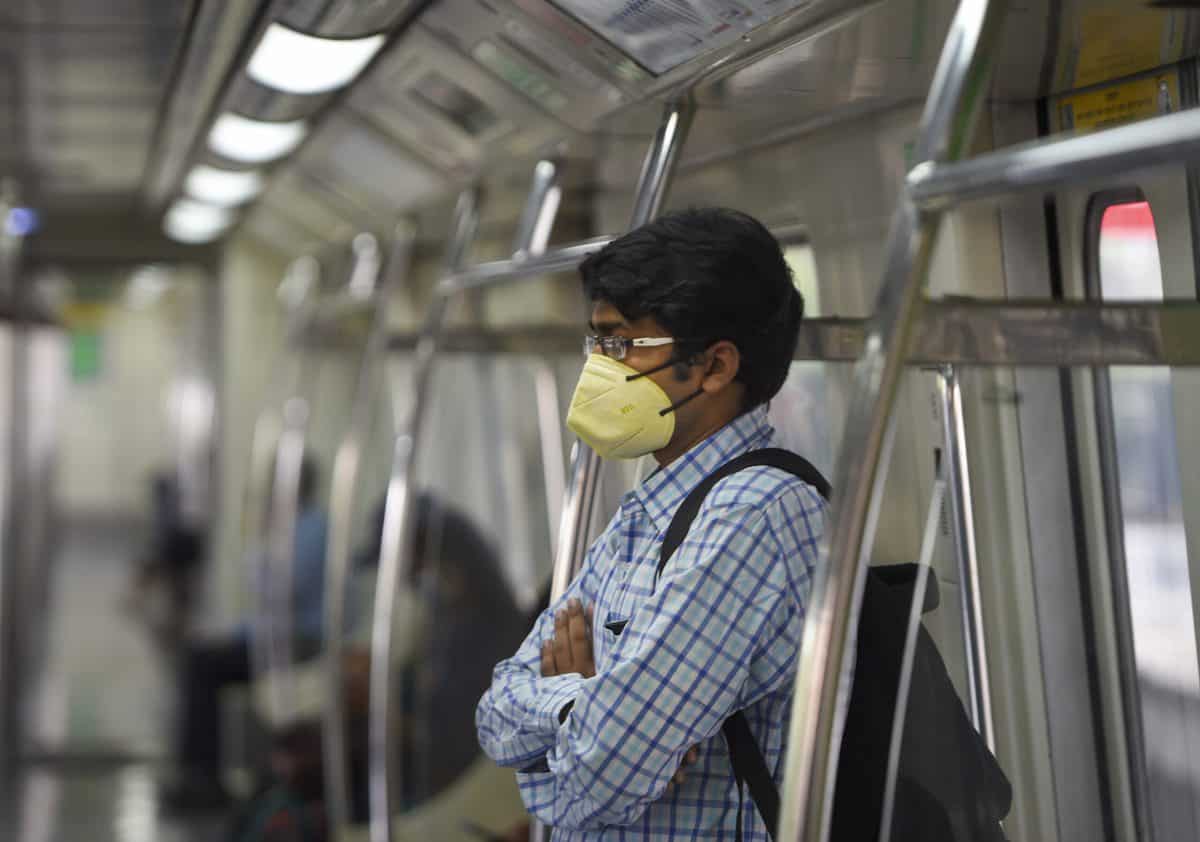
Hyderabad: A man working as an NGO volunteer during the COVID-19 pandemic whom the Bahadurpura (Hyderabad City) Police accused of violating locked down orders was acquitted after a long hard fought legal battle. A local court found no evidence of wrongdoing against him.
Syed Nabi, the NGO volunteer, was stopped on March 21, 2020, under the Bahadurpura Police Station which is located close to the famous Nehru Zoological Park. The prosecution maintained that Nabi had violated government order (GO) 45, issued by the General Administration Department, on March 28th, 2020, which prohibited the movement of people during the lockdown in order to contain the disease.
Nabi was in possession of a COVID-19 permission letter issued by the Greater Hyderabad Municipal Corporation. His counsel contended that he was working with ASEEM, an NGO, engaged in providing relief to those going through extenuating circumstances due to the pandemic. His counsel also pointed out that the police disregarded the Greater Hyderabad Municipal Corporation COVID-19 pass.
The prosecution brought two witnesses, who were also recorded as the panch witnesses. These two turned hostile and stated that they had come to the police station in connection with reporting a murder case. They also stated that they were given papers to sign at the police station and they complied. During the court proceedings no information could be obtained from the duo in connection with Nabis’s case.
Interestingly the assistant public prosecutor contended that the Greater Hyderabad Municipal Corporation COVID-19 pass which was in possession of Navi was not genuine, and was applied for in order to escape prosecution. The COVID-19 pass did not have the date of issue and the date of expiry on it, the prosecution contended.
Nabi’s counsel relied on the deposition of the general secretary of the NGO, S Q Masood, and a copy of the NGO’s annual report for FY 2016-17, that helped to establish the organisation’s authenticity. In his deposition, Masood pointed out that the Government of India had sent guidelines to the state government to work in tandem with NGOs, and that Nabi was working for the NGO.
Dealing with the issue of criminal intent, the court reproduced Section 270 of the Indian Penal Code as, “Malignant act likely to spread infection of disease dangerous to life.—Whoever malignantly does any act which is, and which he knows or has reason to believe to be, likely to spread the infection of any disease dangerous to life, shall be punished with imprisonment of either description for a term which may extend to two years, or with fine, or with both.”
The court said that Nabi was not diagnosed with COVID-19 and there was no record to [prove otherwise. Therefore, the case of mens rea per Section 270 of the Indian Penal Code does not arise.
“In view of the facts and circumstances the prosecution have failed to establish the prime ingredients of section 270 of IPC beyond all reasonable doubts as such the accused is entitled for benefit of doubt of leading to acquittal,” the order which was delivered earlier this month to Nabi reads.



